SUSTAINABILITY
We are committed to making the best choices every day across the business to minimize our social and environmental negative impact.
We strive to be a company that contributes to sustainable development at all our touch points. We care about the raw material and processes that goes into producing the fabric we are using and we care about the seamstresses in the production and to prolong the lifetime of the garments. Below is our policies and criteria on main topics.
MANUFACTURING SLOW COLLECTION
- The second drop, launched 2022, is sewn by Fugeetex located in Stockholm Sweden. More about them and certificates here.
- The first drop, launched 2020, is sewn by Lopes & Carvahlo, a well reputed company located in Braga, Portugal. We visited and audited them in July 2019. More about them and certificates here.
FABRICS
We are obsessed with sourcing the best fabrics we possibly can. Below is the list of all fabrics we currently use. We do not work with any furs.
Outer fabrics:
- TENCEL™ Lyocell. TENCEL™ is a trademark of Lenzing AG. Read more here.
- Piñatex® , a pineapple leave product. It is PETA approved and registered by the Vegan Society.
- Read more here.
- Recycled wool mix from a GRS (global recycling standard) certified partner. Read more here.
Other fabrics:
- Informative labels, brand and care labels are made of recycled polyester.
- Thread: 100% organic cotton.
- Lining: 100% viscose.
PACKAGING
Our standard packaging is a light-weight mailing bag, made from natural materials and fully biodegradable.
WASTE MANAGEMENT
Our main fabric supplier uses a closed loop system that enables 99% of the chemicals and processing water to be recovered and fed back into the system again.
Waste management is a main topic at sourcing assessment levels and during personal audits.
TEXTILE TREATMENTS & CHEMICALS
We do not design garments that needs sandblasting or any other harmful work methods in production and/or finishing.
Phthalates or per- and polyfluoroalkyl substances (PFAS) are not accepted.
When dying our garments, we only use certified products.
QUALITY CONTROLS & TESTING
Soon more info.
ECOLOGICAL RESPONSIBILITY & POLICY
Our core ecological value: DESIGN FOR CIRCULARITY
We design, sell and re-design our products and services for prolongation of raw material lifecycle. To do this, we focus in the design process. It is easier to recycle a garment if it contains of one single type of fiber than multiple.
It is extremely hard to separate for example cotton and polyester. But if you use only one type of fiber it is more manageable to re-use that item. Another point is use applications like zips and buttons less liberally. Printed yarn or fabrics are another great source of pollution why we strive to avoid printed fabrics. We are currently looking into natural dyeing methods for future items.
Full transparency in the supply chain has been the guideline since start.
We do not compromise on the raw material behind the fabric we use - they are always eco/organically grown and produced.
Fabric choices and production processes are particularly important hence the predominant consequence it has. We chose fabrics that are low in use of water with eco/organic origin and plant based, of natural fibers and/or vegan. Our ambition is to only source fabric that are grown/produced and controlled in Europe.
One fabric that we use a lot of in the first collection is Lenzing TENCEL™ Lyocell. Lyocell is a cellulosic fiber from botanic origin. It has a long-lasting softness and breaths nicely. The fiber is produced in a closed loop hence full control of the production and waste is maintained.
Read more about the fiber here.
Also, check this link to have more information about TENCEL™.
Recent research* shows that three of the activities in the supply chain adds up to 55,4% of the negative climate impact in Swedish clothing consumption. Those 3 are wet treatments such as dying and finishing (denim bleach, rub etc), fiber production and confectioning.
*Source: Sandin et. al. 2019. Mistra Future Fashion
Our core social value: WE ARE PEOPLE.
It all comes down to being nice to our people and the coming generations.
the_wiman do not accept any form of child labor in any part of the supply chain, including the farmers growing the wood that becomes cellulose to the manufacturing partners sewing and finishing the garments. Any violation leads to immediate termination of partnership.
When we audit a partner we look at working conditions such as work hours, facilities in general and single work space in particular, wages, collective agreements, production processes and safety.
We source our partners carefully. We monitor their staffs work ours, facilities and work environment fulfils the highest standard.
Societal efforts such as engagement in the local region is beneficial.
Our assessment is based on physical audits and interviews.
Read more about our main manufacturing partner here.
We need to be profitable to be able to persevere hence we price our products at a certain level.
We revisit the calculations behind the price tags periodically.
